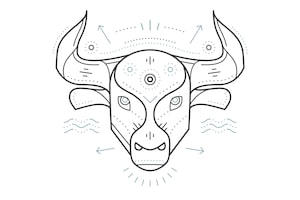Expand your mind and build your reading list with the Books newsletter. Sign up today.
Gifts for children: 37 kids’ books to give to all the young readers in your life
The Adventurer

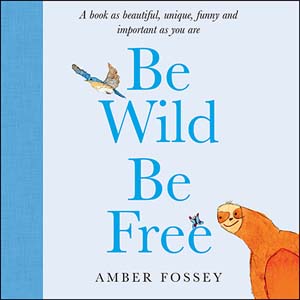
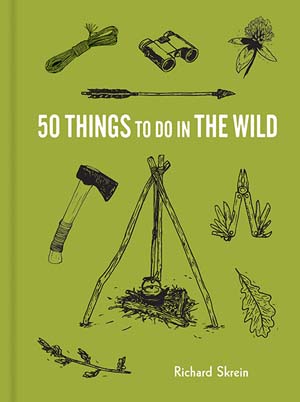

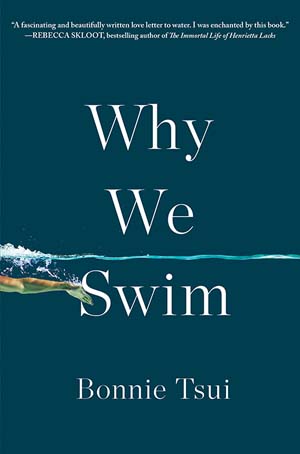
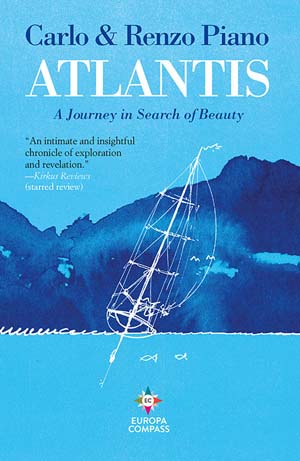
Vesper Flights, Helen Macdonald (Hamish Hamilton)
Following up on her hit memoir H is for Hawk, these 41 essays weave science and social commentary to conjure wonder about birds and the natural world.
Be Wild Be Free, Amber Fossey (HarperOne)
There’s poetry, watercolours and fiction in this charming artist book about how to be happy and alive to the world – because adults need inspiring picture books, too.
50 Things to Do in the Wild, Richard Skrein (Princeton Architectural Press)
Making shelters, mastering knots, fishing, building a fire or foraging for edible plants: an illustrated guide to all the outdoor skills you should have learned in Scouts and Guides but promptly forgot.
Ghostland, Edward Parnell (William Collins)
In this strange and haunting psycho-geographic tale, the author wanders the moors, coastal shores, woods and cemeteries of the British Isles, writing essays that look at life, literature and landscape.
Why We Swim, Bonnie Tsui (Algonquin Book)
A deep dive into what draws us to water and how the act of swimming can shift our perspective, plus the history of class and race tensions around public waters, and the policing of women’s bodies.
Atlantis, Carlo and Renzo Piano (Europa Editions)
An architect and his son set sail in search of the lost city and have conversations along the way about travel, design, space, architecture and living.
The Bibliophile
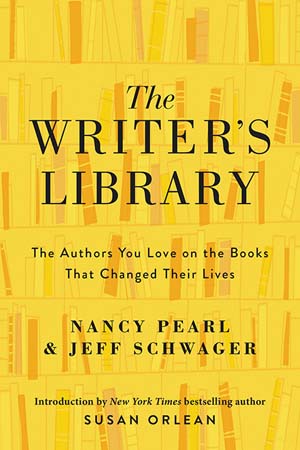
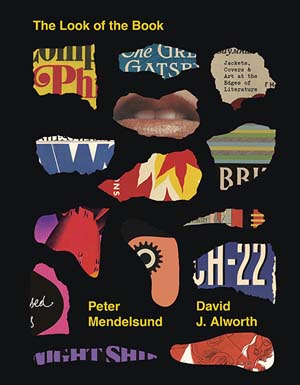
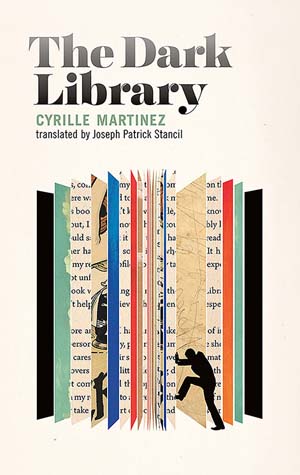
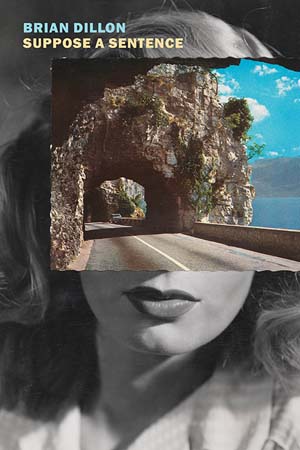
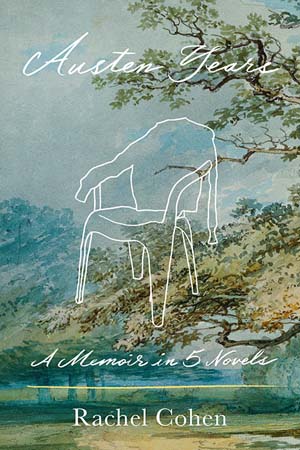
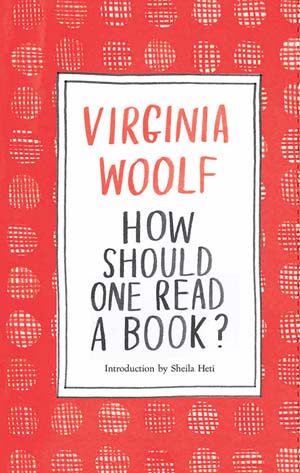
The Writer’s Library, Nancy Pearl and Jeff Schwager (HarperOne)
Literary conversations with two dozen contemporary writers – including Laila Lalami, Viet Thanh Nguyen, Maaza Mengiste and Donna Tartt – about the books that influenced them most, with an introduction by The Library Book’s Susan Orlean.
The Look of the Book, Peter Mendelsund and David J. Alworth (Ten Speed Press)
For those who cherish books as material objects, here’s a new perspective on what the book cover is now, what it was before (with case studies of past Ulysses and Moby-Dick editions), and why it matters.
The Dark Library, Cyrille Martinez, trans. by Joseph Patrick Stancil (Coach House Books)
Written by a French librarian, this absurdist fable set in an endangered library pits smug, high-circulation commercial fiction against languishing back-catalogue books; it’s a meditation on the place of libraries in the world.
Suppose a Sentence, Brian Dillon (New York Review Books)
Each of the contemporary linguistics critic’s 27 essays dissects the pleasures of a single, well-chosen sentence, from Joan Didion to William Shakespeare to the cheeky economy of Charlotte Bronte (“The drug wrought.”).
Austen Years: A Memoir in Five Novels, Rachel Cohen (FSG)
For fans of My Life in Middlemarch, this hybrid memoir is an extended meditation on the themes of Austen’s novels. It’s less about the consolation of literature than about how life – particularly motherhood and mourning – taught Cohen to better read and understand Austen.
How Should One Read a Book, Virginia Woolf (Laurence King)
“How are we to bring order into this multitudinous chaos and so get the deepest and widest pleasure from what we read?” For the first time ever, this classic essay on the power of literature has been issued as a standalone volume, with an introduction and afterword by Sheila Heti.
The Culture Vulture
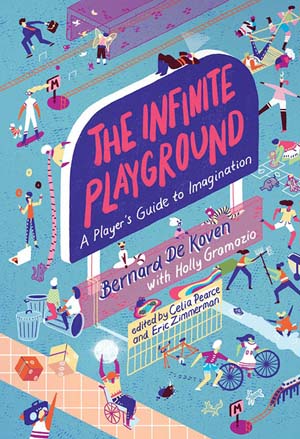
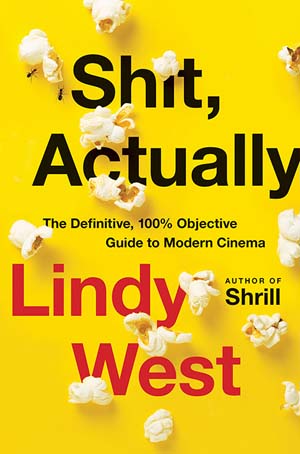

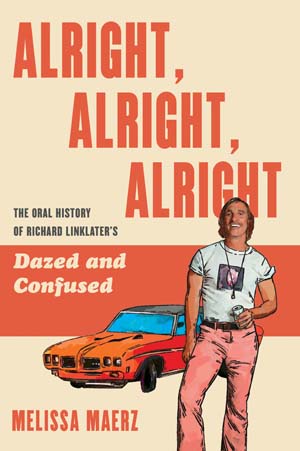
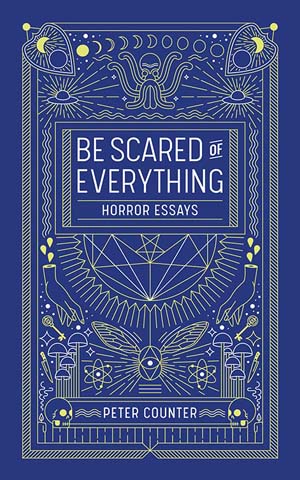
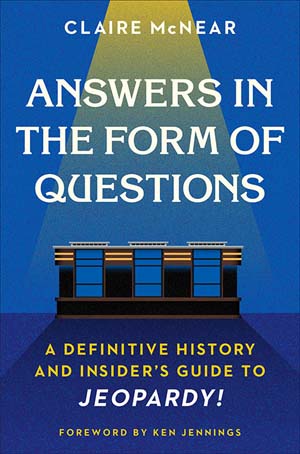
The Infinite Playground: A Player’s Guide to Imagination, Bernard De Koven (MIT Press)
Boredom is a fallow state of mind to this pioneering game designer, who believed that fostering community and social change through play was an outgrowth of 1960s counterculture. In this posthumous book, he shares his philosophy about cultivating imagination and deep fun.
Shit, Actually: The Definitive, 100% Objective Guide to Modern Cinema, Lindy West (Hachette)
The Notebook, Forrest Gump, Face/Off, Top Gun, Love, Actually – no beloved movie is safe in these sharp reappraisals. Insightful, wildly entertaining and often hilariously snarky.
Alien: 40 Years 40 Artists (Titan Books)
On the anniversary of Ridley Scott’s seminal sci-fi horror movie, a slew of artists and filmmakers – including Canada’s own Denis Villeneuve, director of Blade Runner 2049 – have contributed sketches, tribute artwork, alternative posters and reinterpretations of influential scenes.
Alright Alright Alright: The Oral History of Richard Linklater’s Dazed and Confused, Melissa Maerz (Harper)
Nearly the entire cast – including Matthew McConaughey, Ben Affleck, Joey Lauren Adams, Renée Zellweger and director Richard Linklater – reflect on the making of this cult classic, discussing everything from why casting director Don Phillips chose unknowns like McConaughey (discovered at an Austin hotel bar) to how a 1970s period piece became a GenX touchstone.
Be Scared of Everything: Horror Essays, Peter Counter (Invisible Publishing)
Prepare for the zombie apocalypse with these loosely connected, memoirish essays that deconstruct contemporary horror culture, from classic movie monsters to the true-crime revival.
Answers in the Form of Questions: A Definitive History and Insider’s Guide to Jeopardy!, Claire McNear (Twelve)
For devotees (and aspiring contestants), this definitive behind-the-scenes guide to Jeopardy! draws on interviews with its crew, writers, hundreds of contestants, and late Canadian host Alex Trebek. With a foreword by past champion Ken Jennings.
The Design Aficionado


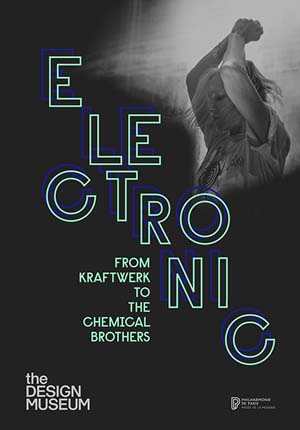
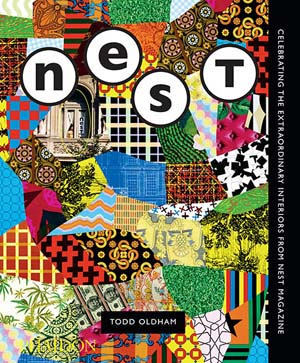
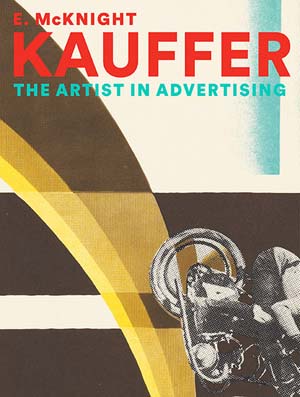

More Than Just a House, Alex Eagle (Rizzoli)
Lockdown has made voyeurs of us all. The homes featured may induce envy, but refreshingly, none were “done” by interior designers, so they‘re still (sort of) attainable.
Chernobyl: A Stalkers’ Guide, Darmon Richter (FUEL)
The latest in a continuing series about retro Soviet architecture and industrial design goes deep into the Chernobyl Exclusion Zone and the nuclear power plant itself. Rare and exclusive photographs of the desolate site and ghostly abandoned cities, plus interviews with survivors, balance curiosity with solemnity.
Electronic: From Kraftwerk to the Chemical Brothers (The Design Museum)
A multidimensional look at the visual culture of electronic dance music over the past 30 years, from art, fashion and photography to the design of venues such as Fabric and the Hacienda, and club graphics of Peter Saville and Mark Farrow.
The Best of Nest, Todd Oldham (Phaidon)
With gatefolds, die-cuts and foldout portfolios, this retrospective of the much-missed, artist-driven interiors magazine (1997-2004) reproduces a selection of layouts and essays by illustrious contributors from all 26 issues – a reminder of what made the maverick publication special.
E. McKnight Kauffer: The Artist in Advertising (Rizzoli Electa)
Featuring both his obscure and celebrated work (posters for Hitchcock and the London transport system), this sumptuous book is the definitive take on the prolific and influential mid-century graphic designer who fused commerce and creativity – and elevated advertising to high art.
The Architecture of Bathing, Christie Pearson (MIT Press)
The award-winning Canadian architect and urban interventionist takes a thematic view of form and landscape in this wide-ranging survey of communal bathing’s natural and built environments.
The Easy Listener
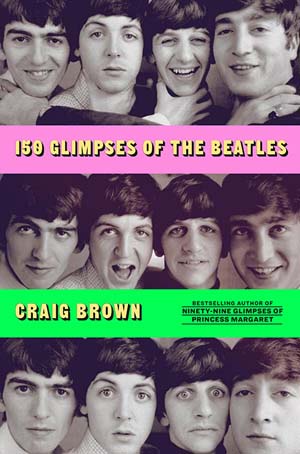
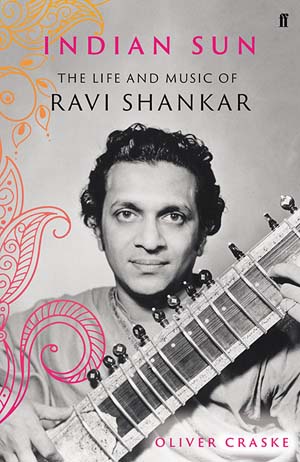


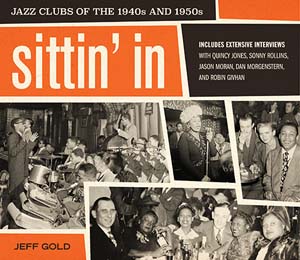
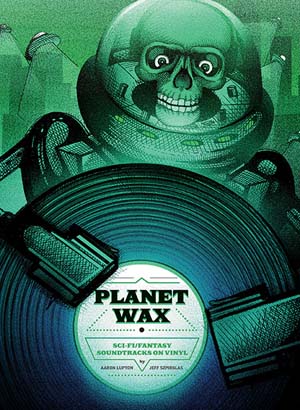
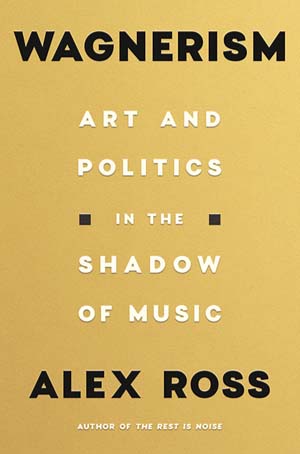
150 Glimpses of the Beatles, Craig Brown (Farrar, Straus, and Giroux)
This new riff on the Fab Four is witty but nonetheless perceptive, and of the endlessly repackaged nostalgia of the Beatles industrial complex, this is certainly the most inspired.
Indian Sun: The Life and Music of Ravi Shankar, Oliver Craske (Faber & Faber)
This rich and comprehensive biography of the sitar maestro, cultural ambassador and icon makes full use of the family archives and two decades’ worth of access to the late musician himself (the author collaborated on Shankar’s earlier autobiography).
Leonard Cohen: A Woodcut Biography, George A. Walker (Firefly)
The Canadian master engraver first published this intimate book as a very limited edition to mark Leonard Cohen’s 80th birthday; this reprise expands to include the troubadour’s final exit. A largely wordless biography of stark woodcuts that has the expressive power of a silent film.
Wendy Carlos: A Biography, Amanda Sewell (Oxford University Press)
Glenn Gould called her 1968 debut album Switched-On Bach the record of the decade. Carlos, now 81, was one of the first public figures to disclose gender affirmation surgery; this in-depth biography considers her work, and how her identity as a transgender woman shaped her life, career and legacy.
Sittin’ In: Jazz Clubs of the 1940s and 1950s, Jeff Gold (HarperDesign)
The Grammy-winning record executive and music historian’s personal memorabilia collection is paired with exclusive essays and conversations with musicians and scholars such as Quincy Jones, Sonny Rollins and Pulitzer-winning critic Robin Givhan.
Planet Wax: Sci-Fi/Fantasy Soundtracks on Vinyl, Aaron Lupton and Jeff Szpirglas (1984)
From spooky synth soundtracks to space disco, this chronicle of sci-fi and fantasy’s most memorable and underrated scores features vintage LP artwork and original interviews, plus a foreword by Grammy-winning Canadian Christophe Beck, composer of Buffy, Frozen and Ant-Man.
Wagnerism: Art and Politics in the Shadow of Music, Alex Ross (Farrar, Straus, and Giroux)
This doorstop by The New Yorker’s music critic is a cultural history of the composer’s philosophical, aesthetic and political impulses that considers his lasting influence on artists, as well as on Nietzsche, James Joyce and Willa Cather.
The Exhibitionist
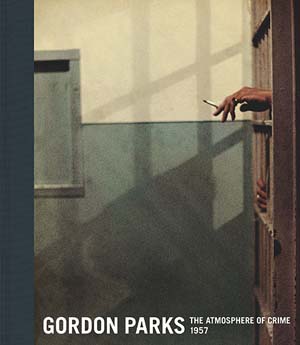
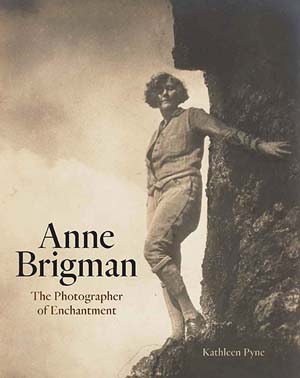

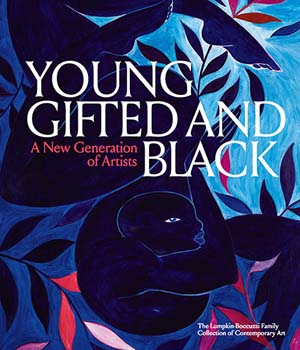
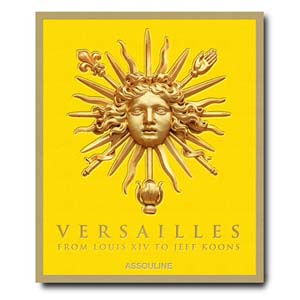
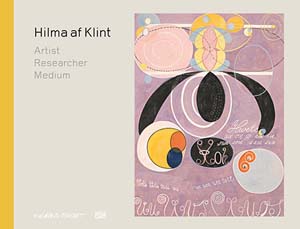
Gordon Parks: The Atmosphere of Crime, 1957, Gordon Parks (Steidl)
Revisit the colour photos taken by Life’s first African-American staff photographer for a 1957 series about crime. Featuring many previously unpublished photographs from his original reportage, the images challenge prevailing and racially biased assumptions around criminality and incarceration.
Anne Brigman: The Photographer of Enchantment, Kathleen Pyne (Yale University Press)
This is the first mainstream book dedicated to the feminist photographer and her powerfully sensual work. It’s also an excavation of gender and racial dynamics in the West Coast art world of the early 20th century.
Form Follows Fiction: Art and Artists in Toronto, Luis Jacob (Black Dog Press)
Curator Luis Jacob’s showcase of more than 80 Toronto artists spans six decades, featuring the likes of Nobuo Kubota, Suzy Lake, Michael Snow and General Idea.
Young, Gifted and Black: A New Generation of Artists, edited by Antwaun Sargent (D.A.P.)
Assembling both contemporary and next-gen African-American artists such as Kerry James Marshall and Bethany Collins from the collection of Bernard Lumpkin and Carmine Boccuzzi, this work addresses inclusivity in the art world and its institutions.
Versailles: From Louis XIV to Jeff Koons (Assouline)
The provocative 2008 exhibition of Koons’s “Balloon Dog” at the Sun King’s glittering château is almost the least of the storied monument’s milestones, as covered in this tome, which comes in a clamshell case and costs US$894 – a price tag that would make the king blush. (And that’s not even the deluxe edition.)
Hilma af Klint: Artist, Researcher, Medium, Iris Müller-Westermann (Hatze Cantz)
In the wake of the acclaimed documentary Beyond the Visible comes an extensive catalogue of the Swedish artist, whose revolutionary work as the first abstract painter was dismissed because she was a woman.
The Fashion Maven
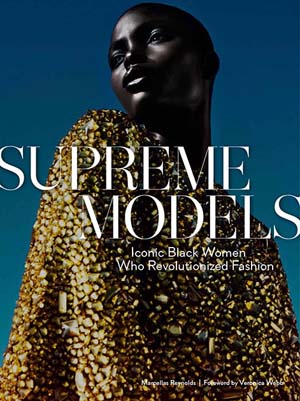
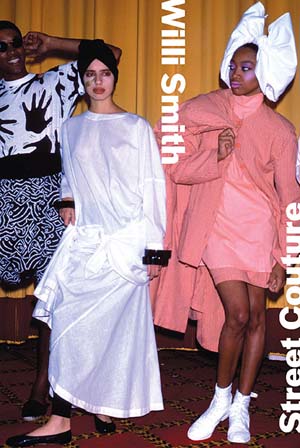
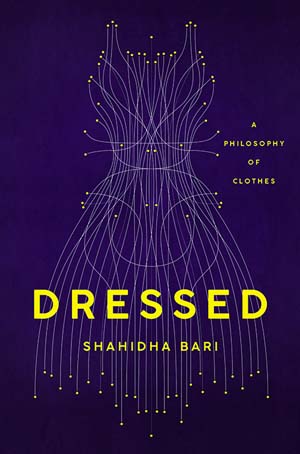
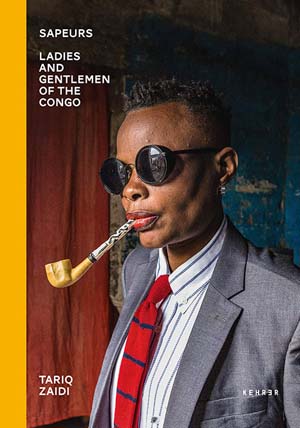
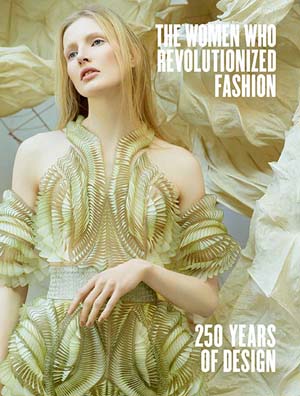
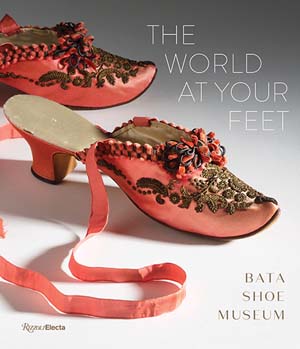
Supreme Models: Iconic Black Women Who Revolutionized Fashion, Marcellas Reynolds (Abrams)
The history of racism and exclusionary politics in fashion needs more corrective tomes like this stupendous, definitive survey of 75 years of Black modelling history, from today’s supermodels to 1950s trailblazers such as Dorothea Towles and Helen Williams.
Willi Smith: Street Couture, Alexandra Cunningham Cameron (Rizzoli Electa, $60)
Finally, a celebration of Willi Smith, the pioneering Black designer of WilliWear, who put streetwear on the catwalk and deeply influenced contemporary fashion collaboration culture.
Dressed: A Philosophy of Clothes, Shahidha Bari (Basic Books)
Brainy, esoteric essays about wardrobe basics such as boots and suits and the all-important pockets (often absent in women’s clothing).
Sapeurs: Ladies & Gentlemen of the Congo, Tariq Zaidi (Kehrer Verlag)
This vibrantly captures the dandyish style subculture (popularized by Congolese singer and fashion icon Papa Wemba) of La Sape – a.k.a. the Society of Ambiance-Makers and Elegant People – and its practitioners on the streets of Brazzaville and Kinshasa.
The Women Who Revolutionized Fashion: 250 Years of Design, edited by Petra Slinkard (Rizzoli Electa)
A compendium of 250 years of designing women – some well-known, others lost to history – that also considers issues of representation and why it took so long for female designers to be seen as equal and relevant compared to their male peers.
The World at Your Feet: Bata Shoe Museum, Elizabeth Semmelhack (Rizzoli Electa)
For its 25th anniversary, Canada’s acclaimed Bata Shoe Museum marks its mandate of illuminating human history and culture through shoes with this lavish book of the collection’s highlights.
The Foodie
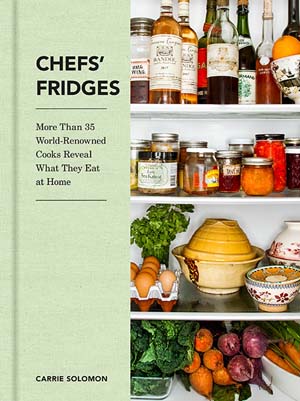
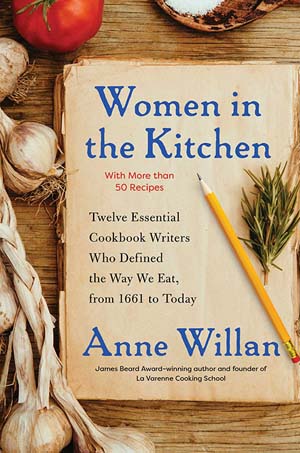
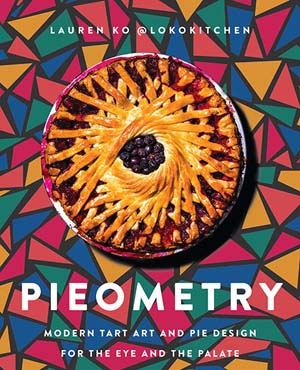
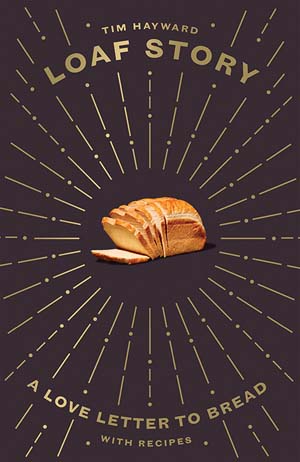
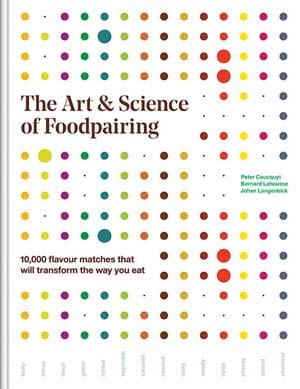
Chefs’ Fridges, Carrie Solomon and Adrian Moore (HCC)
Judge people by the contents of their bookshelves on Zoom all you like, but refrigerator shelfies tell the real story. This collection of candid fridge shots show how chefs around the world feed themselves and their families.
Women in the Kitchen, Anne Willan (Scribner)
The culinary historian surveys female cookbook writers from the 17th century to today, including Hannah Woolley, Fannie Farmer, Marcella Hazan and Black cookery writer Edna Lewis (The Taste of Country Cooking), who pioneered seasonal food writing.
Pieometry, Lauren Ko (William Morrow)
More accessible than the recent social-media phenomenon of trompe l’oeil cakes, these decorative design ideas from the pie maven behind Loko Kitchen (which has a cult following on Instagram) fuse pastry and geometry.
Loaf Story, Tim Hayward (Quadrille)
Now that you’ve mastered sourdough, read this love letter to regional bread varieties and the different roles bread plays in our lives.
The Art & Science of Foodpairing, Peter Coucquyt, Bernard Lahousse and Johan Langenbick (Firefly)
Bust the boredom of lockdown meal-planning with this guide from the founders of foodpairing.com (a chef, a bio-engineer and an entrepreneur) that harnesses their enormous database of unexpected flavour combinations, complete with taste wheel and colour-coded grids.
The History Buff
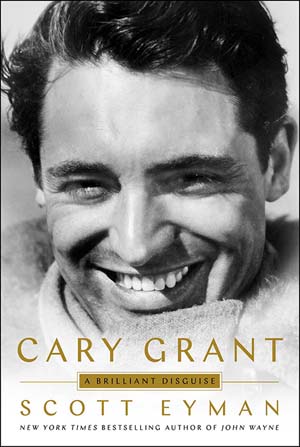
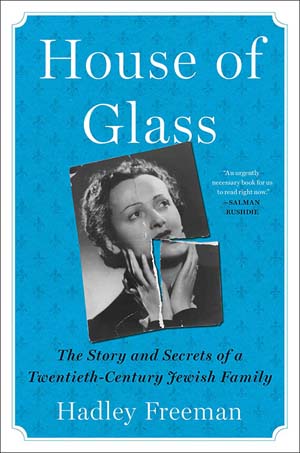
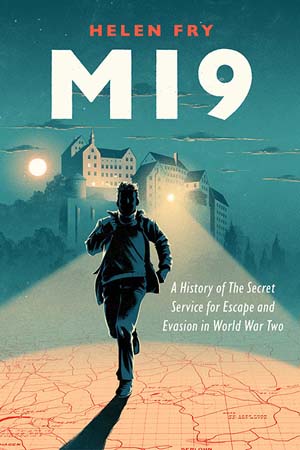
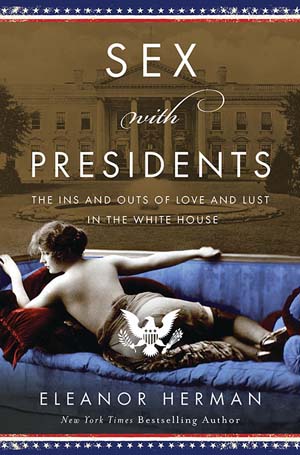
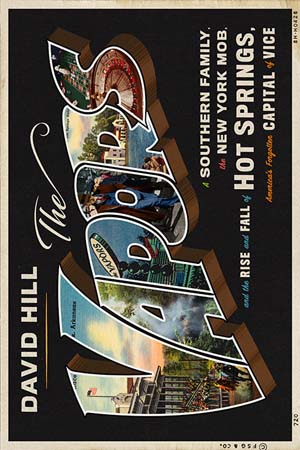
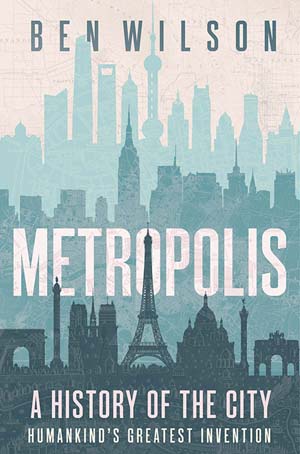
Cary Grant: A Brilliant Disguise, Scott Eyman (Simon & Schuster)
This thorough biography of the screwball-comedy icon looks at how he created a persona for himself on-screen and off, and examines the social, financial and cultural context of the Hollywood studio system.
House of Glass: The Story and Secrets of a Twentieth-Century Jewish Family, Hadley Freeman (Simon & Schuster)
Starting with the cryptic contents of an old shoebox, the journalist uncovers the secrets of her own elderly Eastern European relatives and tells the story of how a Jewish family was scattered by Holocaust.
MI9: A History of the Secret Service for Escape and Evasion in World War Two, Helen Fry (Yale University Press)
Through eye-witness accounts and declassified military intelligence files, the bestselling historian examines how Allied prisoners escaped from behind enemy lines.
Sex with Presidents, Eleanor Herman (William Morrow)
A gossipy and salacious account of Oval Office shenanigans, plus political philanderers past and present.
The Vapors, David Hill (Farrar, Straus, and Giroux)
Before Atlantic City and Las Vegas, there was Hot Springs, Arkansas. A deliciously seedy Southern history of America’s onetime gambling capital, from its 1930s heyday to its crash, told through a few ordinary figures, including the author’s own grandmother.
Metropolis: A History of the City, Humankind’s Greatest Invention, Ben Wilson (Doubleday)
Starting with Uruk, the first city in ancient Mesopotamia (now, Iraq), to 21st-century Lagos, Wilson theorizes about urban life and the shaping of classical civilizations, and contrasts informal, unplanned cities with those that aren’t.
The Know-it-all
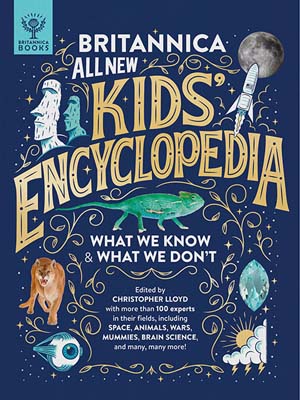
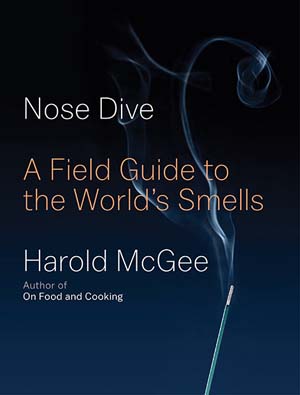
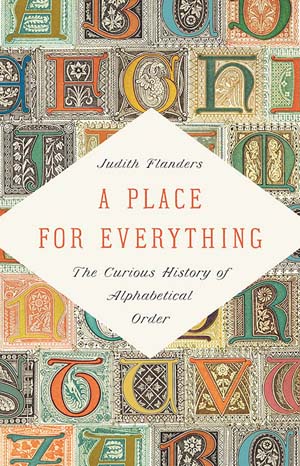

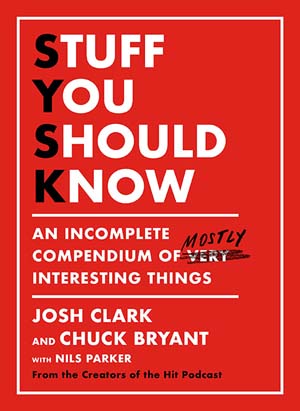
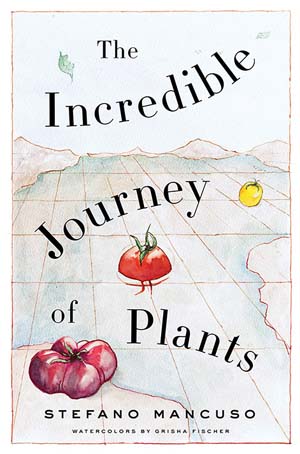
Britannica All New Kids’ Encyclopedia (Britannica Books)
Illustrations bring this delightful compendium of facts – rainforest habitats, bugs, space probes and even the Renaissance – to life. For inquisitive children and any parent who needs a break.
Nose Dive: A Field Guide to the World’s Smells, Harold McGee (Appetite)
The award-winning science writer’s long-awaited olfactory reference book is an enthusiastic guide to better using our most undervalued sense. The nature of aromatic sensations is explained with charts that cross-reference scent and molecules to show why disparate things smell alike.
A Place for Everything: The Curious History of Alphabetical Order, Judith Flanders (Basic Books)
Once you have all the knowledge in the world, how do you classify and store it? Whether it’s the Alexandrian library or a search engine, this fascinating work looks at the strategy behind methods of organizing information.
Bones: Inside and Out, Roy A. Meals (WW Norton)
An orthopedic surgeon does a complete foray into the 500-million-year history of vertebrate life through bone.
Stuff You Should Know, Josh Clark and Chuck Bryant (Flatiron)
There’ll always be another rabbit hole with more stuff to learn, but the insatiably curious hosts of one of the most downloaded podcasts in history feel this is a good place to start – and who are we to argue?
The Incredible Journey of Plants, Stefano Mancuso (Other Press)
The authority on plant neurobiology lays out why understanding these sensitive life forms is key to sustaining life on Earth and how the drive to propagate is its own sort of genius.
The Mogul
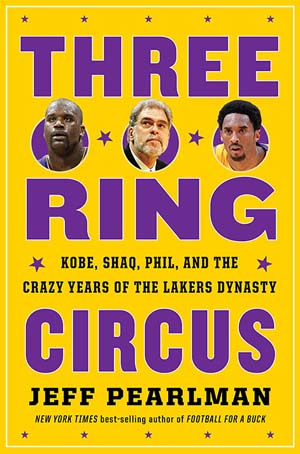
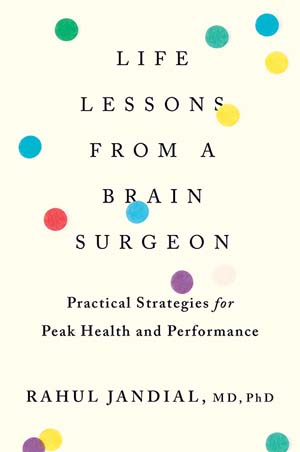
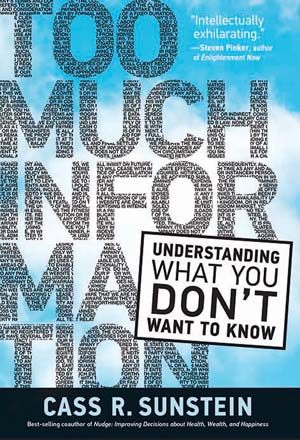
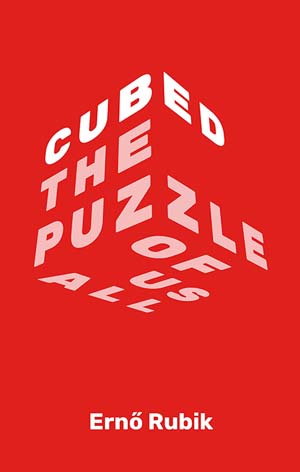
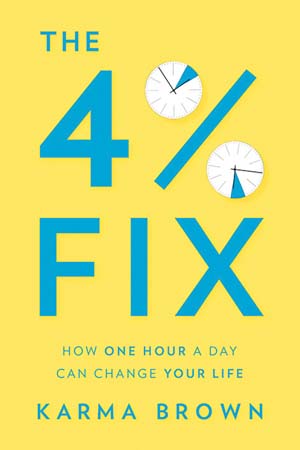
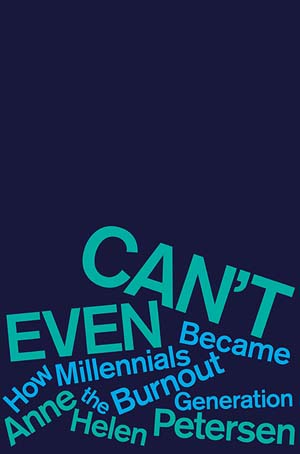
Three-Ring Circus: Kobe, Shaq, Phil, and the Crazy Years of the Lakers Dynasty, Jeff Pearlman (Houghton Mifflin Harcourt)
Sometimes success springs from clashes between high-level leaders, as shown by this deeply researched warts-and-all chronicle of the Lakers dynasty from 1996 to 2004, and its three consecutive NBA championships.
Life Lessons from a Brain Surgeon, Rahul Jandial (Houghton Mifflin Harcourt)
A leading neurosurgeon and neuroscientist provides cutting-edge science and super-achiever hacks that can be applied to everyday life to boost memory and creativity, and ultimately make you more successful.
Too Much Information, Cass Sunstein (The MIT Press)
Anyone who’s ever tried to read Apple’s Terms & Conditions contract knows what this Harvard Law prof is talking about as he weighs the legal and psychological implications, as well as the benefits and drawbacks, of information disclosure.
Cubed: The Puzzle of Us All, Erno Rubik (Flatiron)
The Hungarian architect and inventor of the Rubik’s Cube looks back on the immense global success of his creation and what he learned during its worldwide release 40 years ago.
The 4% Fix: How One Hour a Day Can Change Your Life, Karma Brown (Collins)
The bestselling Canadian novelist and journalist outlines time-management techniques for achieving goals.
Can’t Even: How Millennials Became the Burnout Generation, Anne Helen Petersen (Houghton Mifflin Harcourt)
Expanding on her viral BuzzFeed essay, Petersen explores the “millennials are lazy” trope, positing that the rise of the gig economy and the decline of pay are to blame for a generation’s widespread anxiety and exhaustion.
The Politico
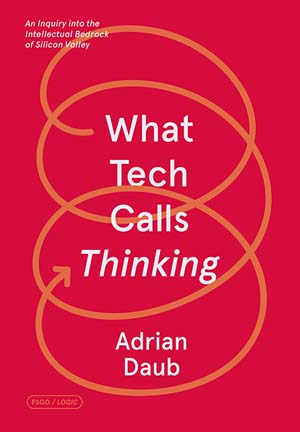
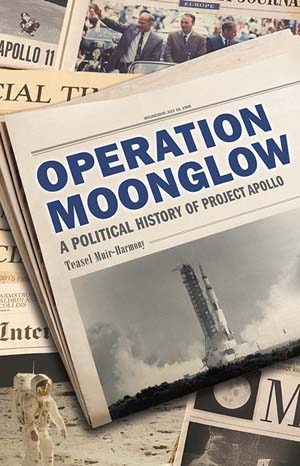
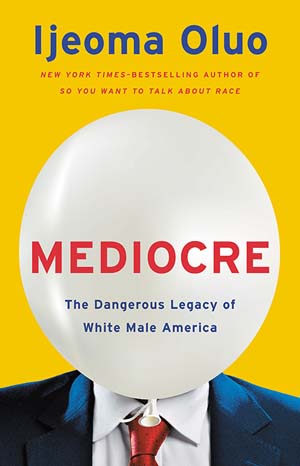
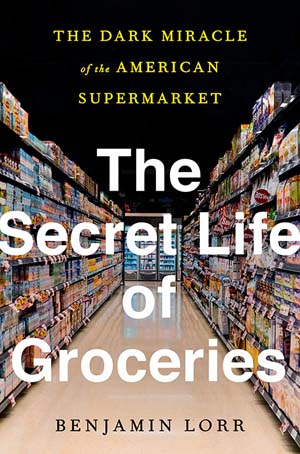
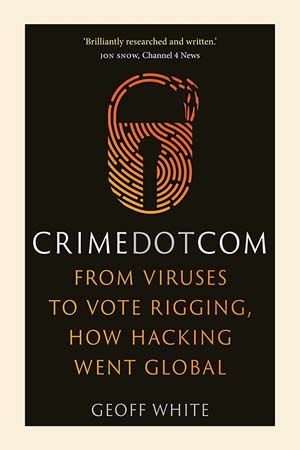
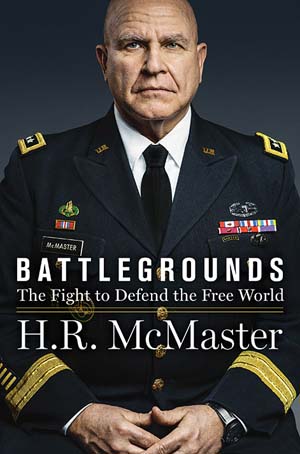
What Tech Calls Thinking, Adrian Daub (FSG Originals)
As the title’s nod to Heidegger suggests, this insightful tome pierces through the cyber-utopianism and pretentious intellectual justifications of Silicon Valley in a systematic and indignant take-down of Big Tech’s business model.
Operation Moonglow: A Political History of Project Apollo, Teasel Muir-Harmony (Basic Books)
A careful study of American space exploration, particularly Project Apollo, that dissects the propaganda, geopolitics and foreign relations at play during the Cold War, revealing it to be less of a space race than for a contest for global prestige.
Mediocre: The Dangerous Legacy of White Male America, Ijeoma Oluo (Seal Press)
The history of white male entitlement masquerading as meritocracy is a long one. In her follow-up to So You Want to Talk About Race, Oluo explains how understanding that entitlement is a necessary first step to dismantling a system built on oppression and exploitation, and the “violent, sexist, racist status quo.”
The Secret Life of Groceries, Benjamin Lorr (Avery)
Early pandemic panic-buying reminded us not to take well-stocked supermarket aisles for granted; this probe of the safety regulations, labour practices and economic inequalities all along the food system’s far-flung supply chain will make sure we don’t.
Crime Dot Com: From Viruses to Vote Rigging, How Hacking Went Global, Geoff White (Reaktion)
Beginning with a tour of hacks from the 1980s through to the 2016 election (and a thrilling account of the 2015 Bangladesh Central Bank heist), this is a fascinating primer on the dangers of the cyber underworld, which includes hacktivist movements, cyber gangs and nation-state attacks.
Battlegrounds: The Fight to Defend the Free World, H.R. McMaster (Harper)
The former White House national security adviser’s backward glance considers the “strategic narcissism” that has permeated U.S. policy failures since the end of the Cold War and its continuing foreign policy issues with Russia, North Korean and China.
The Wellness Guru

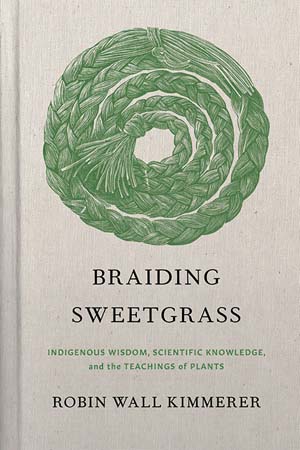
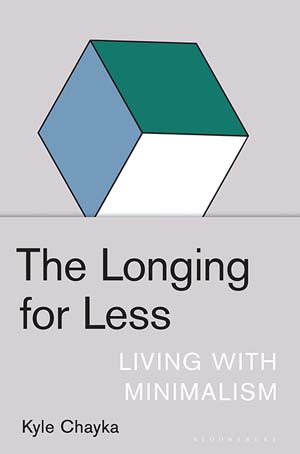
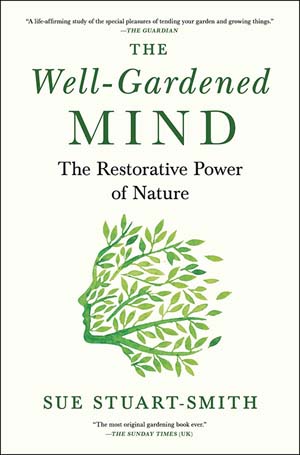
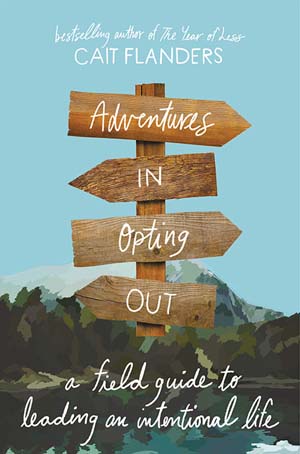
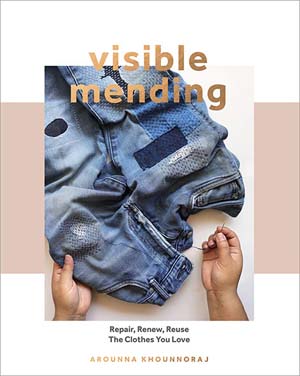
Wellness by Design: A Room-by-Room Guide to Optimizing Your Home for Health, Fitness, and Happiness, Jamie Gold (Tiller Press)
Following this designer’s room-by-room suggestions – simple changes that help optimize your home for health and well-being – will make a difference over the long work-from-home winter ahead.
Braiding Sweetgrass: Indigenous Wisdom, Scientific Knowledge and the Teachings of Plants, Robin Wall Kimmerer (Milkweed Editions)
With its object lessons and soulful themes of reciprocal care, recovery and ecological consciousness, this captivating book of Indigenous wisdom emerged as the sleeper hit of the pandemic (years after its initial indie release). It’s been reissued and has an updated hardcover edition.
The Longing for Less: Living with Minimalism, Kyle Chayka (Bloomsbury)
“Voluntary austerity” sounds like just another luxury product for rich people, but that pervasive, elitist decorating style is an oversimplification, at least according to this book. It looks beyond aesthetic minimalism at the ideas behind it.
The Well-Gardened Mind: The Restorative Power of Nature, Sue Stuart-Smith (Scribner)
For the many who found solace in gardening this year, the restorative power of tending a plot (and the joy of damp earth between one’s fingers) is lyrically and accessibly explained with psychoanalysis and neuroscience, leaving no question as to why Britain’s well-loved gardener Monty Don is must-see TV.
Adventures in Opting Out: A Field Guide to Leading an Intentional Life, Cait Flanders (Little, Brown)
With apologies to Timothy Leary, “Take stock, lean in, opt out” is the new mantra of late-capitalism counterculture. The author sees the current pandemic pause as an opportunity to identify what we truly value, and offers advice and encouragement for opting out of expectations.
Visible Mending: Repair, Renew, Reuse The Clothes You Love, Arounna Khounnoraj (Quadrille)
Be it the Japanese art of sashiko stitch or recipes to dye stains, the Canadian artist and maker offers an antidote to throwaway culture in this guide to the meditative (and useful) practice of mindful mending, complete with step-by-step instructions.
Editor’s note: An earlier version of this article included an incorrect first name for author Harold MacGee.
